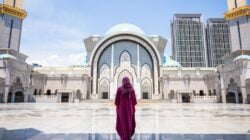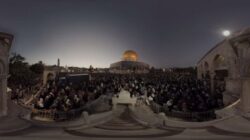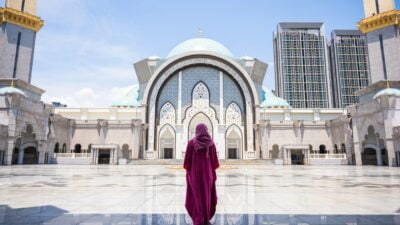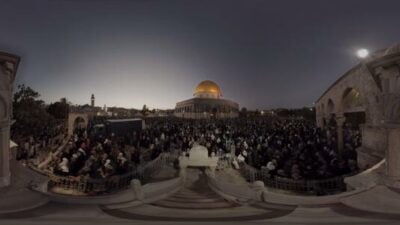Ramadan is not just a month of fasting for Muslims around the world, but also a time for spiritual reflection, increased devotion, and community bonding. This holy month is filled with unique traditions and practices that bring people together in a shared experience of faith. Let’s explore the cultural traditions of Ramadan and discover the beauty and significance behind each practice.
The Practice of Fasting
Fasting is one of the Five Pillars of Islam, and during Ramadan, Muslims abstain from food and drink from sunrise to sunset. This act of self-discipline is meant to purify the soul, strengthen one’s connection to Allah, and empathize with those who are less fortunate. The pre-dawn meal, known as Suhoor, and the evening meal to break the fast, called Iftar, are important rituals that bring families and communities together.
Prayer and Devotion
During Ramadan, Muslims are encouraged to increase their prayers and recitation of the Quran. The Taraweeh prayers, which are held every night during Ramadan, are a special prayer that allows worshippers to complete the recitation of the entire Quran. This extra devotion and spiritual practice help Muslims deepen their connection to their faith and strengthen their relationship with Allah.
Charity and Generosity
Charity plays a significant role during Ramadan, as Muslims are encouraged to give to those in need. Zakat, or giving alms, is one of the Five Pillars of Islam and is especially important during this holy month. It is a way for Muslims to show gratitude for their blessings and help those who are less fortunate. Many communities also come together to organize charity events, food drives, and donation campaigns to support those in need.
Community Iftar and Eid Celebration
One of the most beautiful traditions of Ramadan is the community Iftar, where people come together to break their fast and share a meal. This communal gathering fosters a sense of unity and solidarity among Muslims, as they come together to celebrate their faith and strengthen their bonds with one another. The end of Ramadan is marked by the celebration of Eid al-Fitr, a joyous festival that includes feasting, prayers, and giving gifts to loved ones.
In conclusion, Ramadan is a month filled with rich cultural traditions that bring Muslims closer to their faith and to each other. It is a time of reflection, prayer, charity, and community bonding that allows individuals to deepen their connection to Allah and strengthen their relationships with their fellow believers. By embracing and understanding these traditions, we can appreciate the beauty and significance of Ramadan as a sacred and transformative time for Muslims around the world.
FAQ Ramadan Cultural Traditions
Q: What is the significance of fasting during Ramadan?
A: Fasting during Ramadan is a spiritual practice that helps Muslims purify their souls, strengthen their connection to Allah, and empathize with those who are less fortunate.
Q: Why is charity important during Ramadan?
A: Charity is an essential part of Ramadan, as Muslims are encouraged to give to those in need as a way to show gratitude for their blessings and help those who are less fortunate.
Q: What is the community Iftar?
A: The community Iftar is a gathering where Muslims come together to break their fast and share a meal, fostering unity and solidarity among believers.
Q: How is Eid al-Fitr celebrated?
A: Eid al-Fitr is celebrated with prayers, feasting, and giving gifts to loved ones, marking the end of Ramadan with joy and thanksgiving.











